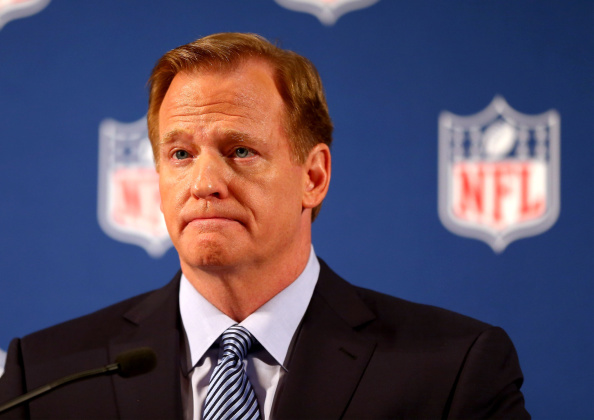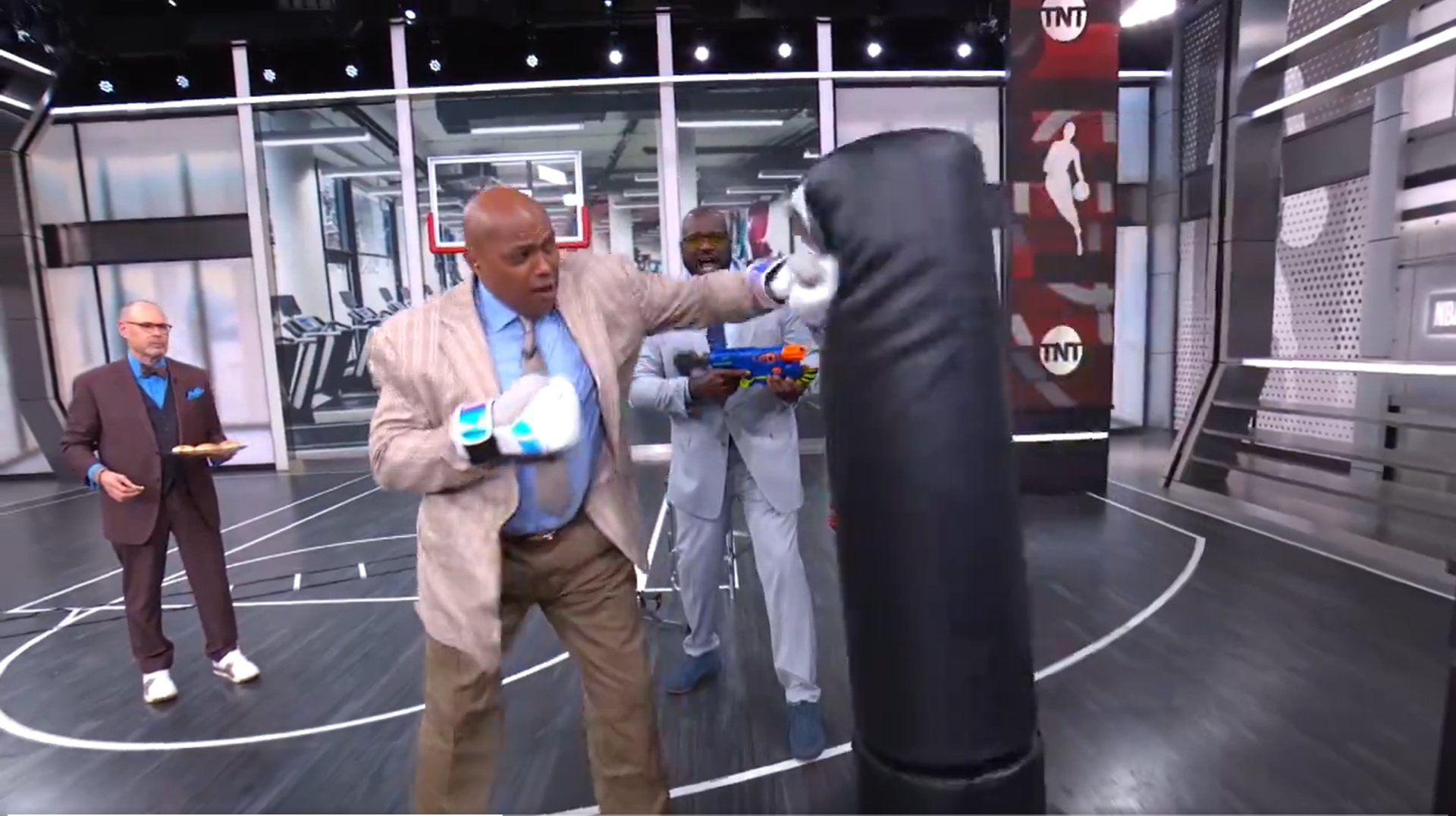The latest
“I don’t think there is a single reason for it. We look at all those factors. Everyone has theories. … we also know that two primetime games that saw our most dramatic decrease went straight up against two very significant debates. Another one of our primetime games was on Thursday night on NFL Network, as opposed to a network broadcast, which will always get a lower rating. There are a lot of factors to be considered. We don’t make excuses. We try to look at what’s causing it and make changes.”
“We don’t think we’ve lost viewers. When you look at ratings, you have to look a little deeper than that. It’s viewers, but also how long they’re engaging for. A lot of times, people will leave a game for whatever reason.”
Whether he thinks the players’ anthem protest has affected ratings
“We don’t think that’s a factor and neither do our network partners.”
Goodell’s probably right that there isn’t a single factor responsible for this, and he’s certainly right about it not being “lost viewers,” but rather the same numbers of viewers watching for less time on average. That’s an important statistic to keep in mind. It’s been discussed before, particularly in this piece by Variety‘s Oriana Schwindt, and it suggests that this isn’t so much about boycotts (which presumably would lead to not watching a game rather than watching less of a particular game) as it is about less-compelling games, the absence of some key ratings-drivers with Peyton Manning’s retirement and Tom Brady’s suspension, and increased competition from other compelling TV (such as the debates, but also the vast “Peak TV” amount of quality scripted content available from both traditional channels and streaming services). However, it’s notable that some of the owners who spoke to USA Today‘s Jarrett Bell seem more concerned about and annoyed by the anthem protests:
“I think it’s the wrong venue,” Indianapolis Colts owner Jim Irsay told USA TODAY Sports. “It hasn’t been a positive thing. What we all have to be aware of as players, owners, PR people, equipment managers, is when the lights go on we are entertainment. We are being paid to put on a show. There are other places to express yourself.”
Irsay’s view is undoubtedly shared by other owners who frown on the protests drawing attention from their product. Given the intense backlash against Kaepernick, it’s plausible that people have turned away to protest the protests.
“People come to the game because they want to get away from what’s happening in their everyday lives,” [Texans owner Robert] McNair said. “When you bring those types of things into the scene, yeah, it will turn some people off. But the main thing we try to do is to say, ‘We recognize your concern. Let’s do something about it.’ “
Neither’s necessarily spotlighting the protests as the be-all and end-all issue, but it’s interesting that some owners are blaming these protests in a way that Goodell and the league are not. Regardless of what’s behind the ratings declines, though, both Goodell and the owners recognize how important it is to reverse them.
“The ratings thing, we can’t ignore,” cautioned [Falcons owner Arthur] Blank, co-founder of The Home Depot.
He knows all about the impact of researching the fan base for clues.
“What’s going up? Where is the softness? How do you respond to that?” Blank said. “It’s no different from my days running The Home Depot, when we had markets where we didn’t get the response. We had to figure out why aren’t we getting customers in our stores here. It didn’t happen very often, but sometimes it happens.”








Comments are closed.